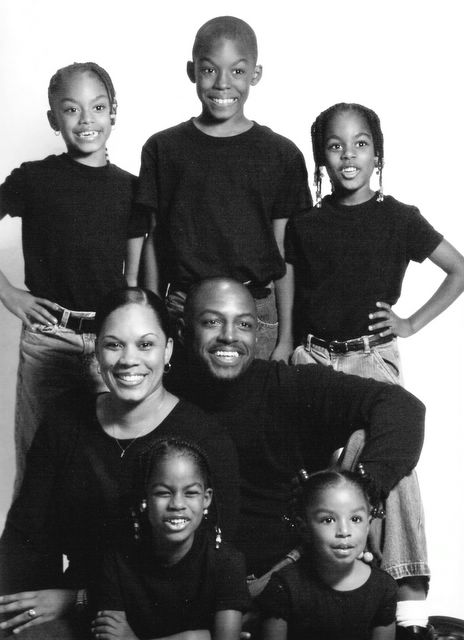Courage is a virtue that the church is in much need of. This is particularly true among African-Americans. I know this because I find it in too low supply in my own heart. My prayers of late have been for courage and faith (Mark 9:24) to do those things that I sense God calling me to, but have walked far too gingerly upon that path. A couple of weeks ago, I was in a Leaders Meeting at our church and the pastor asked how each of us could be helped by the leadership team. When he got to me, my response was simple, I need others around me to be more courageous and faithful. This I pray would spur me on to see more of the same in my life. To this end, I have begun a study of courage and fear in the Bible, just to get a better sense of how God sees fear and develops courage in his people. I do believe it should prove quite profitable.
Now, with that said, how ironic that this morning I should read at Pure Church that Dr. Martin Luther King, Jr. is not the model for faithful black preachers. My friends it takes courage to take on the African-American holy grail of the legacy of Saint King, and yet my brother FellowElder is right on point. Read his post and know that the predominantly African-American church is theologically and biblically anemic because it has so-called pastoral leaders who are more interested in liberal political machinations than they are in faithful gospel proclamations. I am more courageous today than I was yesterday because my brother FellowElder has faithfully encouraged me (1Thes. 5:11).

6 comments:
I understood FellowElder's post not to be a critique of "Saint King," so much as it was a critique of modern-day black pastors' inability to (1.) discern the times and (2.) discern the nature of their calling, which is evidenced by their stubborn refusal to abandon an unbiblical model of the pastorate, that was arguably an historical and social necessity.
Regrettably, there is much about the black church that is off-kilter because of slavery and other injustices. One such negative result is that numerous other callings were subsumed under the calling of the pastor.
Thankfully, there are emerging voices (both Reformed and non-Reformed) that are seeking to call the black church to a more biblically-faithful model. May God grant black churches the humility to embrace it. Present social and racial realities are no longer an excuse--if they ever were at any point in time.
I would agree. It is not so much a critique of King, as much as it is a critique of King's legacy, which has fallen to the lot of Jackson, Sharpton, and the like. Would King endorse the values and convictions of Jackson and Sharpton? They believe he would. I don't know.
Nevertheless, your comments about the state of the black church are on point. May we continue to speak forthrightly, though graciously, about these ills and be willing to do something about it. Perhaps this is where the most courage is needed.
Thanks, my anonymous friend.
At one level, p'negro, I agree. The dominant voice among African-American churches are voices the likes of TD Jakes, Eddie Long, Creflo Dollar, and the like. I do believe that Thabiti is focusing upon those who would continue to see the church as primarily an institution of social justice by way of liberal theology and politics. These are the voices of Sharpton and Jackson. These would be more of your older mainline denominations and seminaries (ie ITC, Union, Crozier, etc.) Are these mainline pulpits reflective of King's legacy, they would think so. And in many ways I would agree they are. Are they having much of an impact upon the broader church? Is this a good thing? Probably not. Nevertheless, I am interested in hearing how Thabiti responds to your comments.
Peace.
My brother, you are playing my music. I not only lament the influence of liberalism, but I must also lament an over-reaction that drives us to a conservatism that smells just as bad.
We must understand that God's Word has not changed. Therefore, the meaning of his Word has not changed. What must change is our application of his Word to various generations and context. Yet, even in making application, we must be sure that we are not doing damage or violence to the immutable Word itself. We must also be careful that our interpretation does not do violence to the truthful interpretation as well. That is, unless we have wrongly interpreted the Word for years, and then we have the moral obligation to correct our interpretation. But that is for another time :-).
Illustrative of this misapplication is the pastor as CEO/mogul/nobelman. A book most helpful in refuting this erroneous paradigm is Piper's "Brother We Are Not Professional."
Looking for information and found it at this great site...
Picturs new sports cars Fluoxetine common side effects Lakewood car rentals Fluoxetine online
Your website has a useful information for beginners like me.
»
Post a Comment